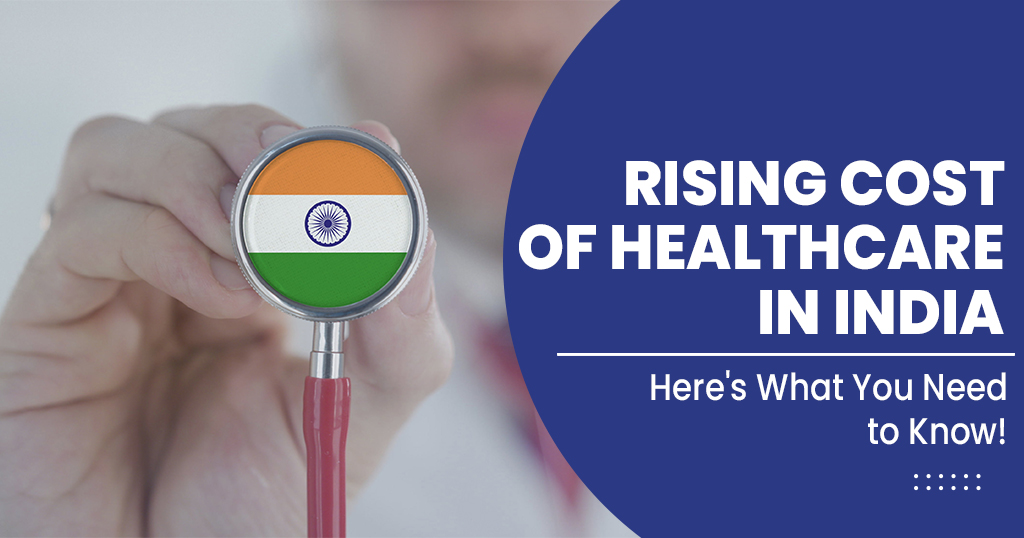Mumbai, December 20, 2023 – According to a new report by leading health and benefits consultancy Mercer Marsh Benefits, a business of Marsh McLennan, non-communicable diseases such as cardiovascular disease and cancer are currently the leading causes of medical claims in India. Employer-sponsored health insurance costs in India are expected to rise by 11% in 2024 – up from 9.6% in 2023 – marking a return to pre-pandemic levels.
Mercer Marsh Benefits’ Mercer Marsh Health Trends Report 2024, which questioned 223 insurers across 58 countries, analyses the key trends shaping the future of employer-provided healthcare globally. According to the report, plan improvements and delivering increasingly sought after ailment and demography specific employee health benefits will be the key drivers in cost containment next year, with half (57%) of insurers globally expecting plan improvements to take precedence over cost-cutting measures.
Transformational healthcare solutions such as digital outpatient services and virtual tools – including tele/video consultations with doctors, wearable devices, and remote patient monitoring – are contributing to improved accessibility and affordability for both employees and organisations. Already, 50% of insurers surveyed across Asia – including India – are already using these tools to deliver greater programme efficiencies for their clients.
Further, 70% of insurers surveyed globally expect the future use of artificial intelligence for first-line diagnosis and/or navigation to have a transformative impact on employer-sponsored healthcare over the next five years.
The research also found that – despite insurers globally extending cover for under-represented groups, with 31% considering adding diagnosis, learning support or occupational therapy to support neurodiversity – diversity and inclusion gaps continue to persist in India, especially for benefits relating to mental health, women’s health, and people with disabilities.
Prawal Kalita, Employee Benefits Leader, Marsh India, said: “Organisations in India are faced with mounting financial pressures associated with rising premiums. This is necessitating a renewed focus on balancing cost containment in the short term with the provision of high-quality benefits that support the needs on an evolving workforce and aid talent attraction and retention in the longer term.
“By embracing outpatient primary healthcare and digital healthcare solutions, refreshing benefits strategies through flexible benefits programmes, and bridging coverage gaps, organisations in India can manage rising costs more effectively and pave the way for accessible and effective healthcare plans for all.”

 Non-communicable diseases such as cardiovascular disease and cancer are currently the leading causes of medical claims in India. 70% of insurers surveyed globally expect the future use of artificial intelligence for first-line diagnosis and/or navigation to have a transformative impact on employer-sponsored healthcare over the next five years
Non-communicable diseases such as cardiovascular disease and cancer are currently the leading causes of medical claims in India. 70% of insurers surveyed globally expect the future use of artificial intelligence for first-line diagnosis and/or navigation to have a transformative impact on employer-sponsored healthcare over the next five years










.jpeg)



.jpg)





.jpeg)

.jpg)





.png)

